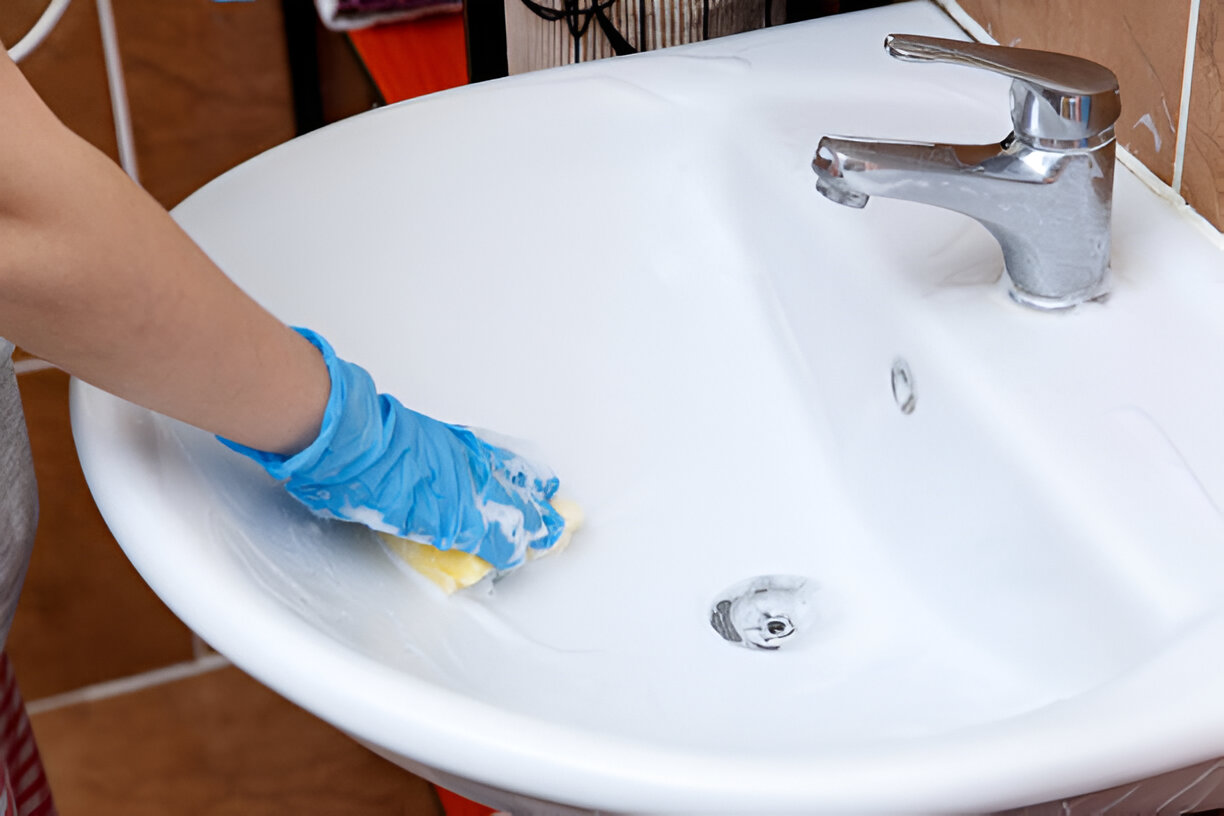A bathroom sink overflow can quickly lead to water damage, mold growth, and costly repairs if not addressed immediately. Whether caused by a clogged drain, a malfunctioning faucet, or an accidental overflow, standing water in your home needs urgent attention. But who should you call for emergency sink overflow cleanup? This guide will help you determine the right professionals to contact and the steps you should take to minimize damage.
Why Is Immediate Sink Overflow Cleanup Important

When a sink overflows, water can seep into floors, walls, and cabinetry, leading to structural damage and mold growth. The longer the water remains untreated, the more extensive the damage can become. Quick action can:
- Prevent mold and mildew growth
- Protect your home’s structure
- Minimize repair and restoration costs
- Improve indoor air quality
Who to Call for Emergency Sink Overflow Cleanup

Water Damage Restoration Companies
Water damage restoration companies specialize in handling water-related emergencies, including sink overflows. They also provide effective water damage restoration tips for businesses to help prevent future issues. They have the equipment and expertise to:
Extract standing water
Dry affected areas using industrial dehumidifiers and fans
Sanitize surfaces to prevent bacterial growth
Restore damaged structures and materials
Professional Plumbers
If your sink overflow is due to a clogged drain, broken pipes, or faulty plumbing fixtures, a licensed plumber should be your first call. They can provide expert bathroom sink overflow cleanup service to prevent further damage and ensure proper repairs. They can:
Unclog drains and remove blockages
Repair leaks and broken pipes
Inspect your plumbing system for underlying issues
Mold Remediation Specialists
If water from the overflow has been sitting for an extended period, mold growth may already be present. A mold remediation specialist can:
Conduct air and surface testing for mold
Remove and treat mold-infested areas
Provide long-term moisture control solutions
If you're dealing with persistent mold issues, consulting a homespecialist can ensure effective and long-lasting solutions.
Home Insurance Provider
Depending on your policy, your homeowner’s insurance may cover the cost of water damage cleanup. Contact your insurer to:
Determine coverage for water damage restoration
File a claim for property damage
Receive guidance on approved service providers
Steps to Take Before Help Arrives
While waiting for professionals to arrive, take these immediate actions to minimize damage:
Stop the Water Source
If possible, turn off the sink’s water supply to prevent further flooding. If the overflow is due to a plumbing issue, shutting off your home’s main water supply may be necessary.
Remove Excess Water
Use towels, a mop, or a wet/dry vacuum to soak up standing water. Be sure to focus on areas where water can seep into flooring and walls.
Increase Air Circulation
Turn on fans, open windows, and use dehumidifiers to help dry out the affected area and reduce humidity levels.
Move Valuables and Furniture
Protect furniture, rugs, and other belongings by moving them to a dry location to prevent further water damage.
Document the Damage
Take photos and videos of the affected areas for insurance claims and restoration purposes.
How to Choose the Right Cleanup Service
Selecting the right professional for emergency sink overflow cleanup is crucial. Here are key factors to consider:
Experience and Expertise
Look for a company with extensive experience in water damage restoration and mold remediation.
Certifications and Licensing
Ensure that the service provider is certified by organizations like the Institute of Inspection, Cleaning and Restoration Certification (IICRC) or similar industry bodies.
Availability and Response Time
Water damage worsens quickly, so choose a company that offers 24/7 emergency services and fast response times.
Customer Reviews and Reputation
Check online reviews, testimonials, and ratings to ensure you're hiring a reputable company.
Insurance and Pricing
Request a detailed estimate and confirm if the company works with insurance providers to streamline the claims process.
Preventing Future Sink Overflows
To avoid future sink overflow incidents, follow these preventive measures:
- Regularly inspect plumbing fixtures for leaks or blockages
- Avoid disposing of grease, food particles, and hair down the drain
- Install an overflow drain stopper to prevent excessive water buildup
- Monitor water usage, especially in households with children
Final Thoughts
A sink overflow can quickly escalate into a costly and damaging situation if not addressed immediately. Calling the right professionals—water damage restoration companies, plumbers, and mold remediation experts—can help mitigate the damage and restore your home efficiently. Acting fast and taking preventive measures can protect your property from future sink overflow disasters.